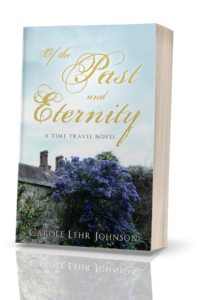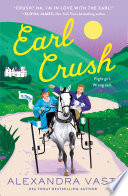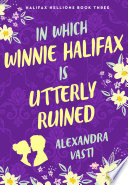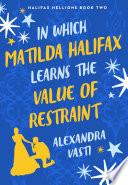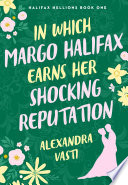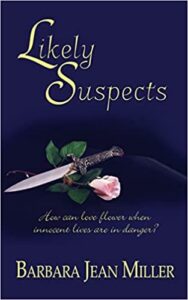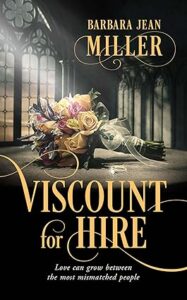Thanks for the question, MaryAnne, and for being a Regency Reader!
There is recognition that some widows had significantly more independence than their married or unmarried counterparts. However, that was entirely dependent on her circumstance and wealth. Some widows were left destitute and with just as few options as spinster women (Lane, 2012). This would definitely be the case for working class women, and widows of military men. A spectrum of independence likely was the reality for women who found themselves widowed, further complicated by variables such as age, children, and family.
History suggests instances and families where widows were pressured, even without a compromising situation, to remarry. In part because women were considered by some as property and not intended to manage their own estates and finances. There might also be concerns about the lack of children or the surviving children and their influence. A woman with no children, particular lya young widow, likely faced some censure similar to that of spinsters.
A widow raising an heir may have more protection, but would still need to be seen as a person of high character. An heir would have likely had other family members serving as trustee or guardian. Georgette Heyer’s Sylvester makes the titular character the main guardian for his nephew, much to the chagrin of the sister in law mother, who wants to remarry a nincompoop. While Sylvester can be seen as high in the instep and pressing, he cares little for what his sister-in-law does, his focus being on her influence and relationship with his nephew. But other guardians were disproving of the widows, forcing them to live with utmost propriety at least while until the heir was grown.
Even a widow with female children might need to depend on her family both for help in finding partners for her daughters, or as Mrs. Dashwood (Sense and Sensibility) found herself, in need of a modest home for little rent. Mrs. Dashwood couldn’t have wanted to be seen as an immoral or problematic relation because she so directly depended on the kindness and forbearance of her relatives and landlords.
Merry widows, or widows who were free with their charms, were also not uncommon but I suspect play a more prominent role in fiction than they did so in reality (at least would have been acknowledged). Still, there are examples (Lady Russell from Persuasion) of widows that inherited enough to refuse marriage, be independent, and enjoy her freedom. She might even be able to have discreet affairs with little more than an eyebrow raise.
I have provided some scenarios in which to demonstrate that the history is clear widows were not a monolith and there is a high probability that more than one widow found herself forced to marry after being caught in a compromising situation. Would it have unfolded quite like the depictions of timid virgins being ravished by a rake? Nah. More likely to have been an embarrassment to someone’s sensibilities resulting in pressure or a dictate or blackmail/threat.
My advice would be, if this is for a story, to create a compelling enough scenario that makes a reader sympathetic with the pressure. She is poor, she has dependent children, or she has a very religious family or a stickler trustee. These will be more believable to a reader.
If you are a reader who stumbled upon this scenario in a historical romance and is fact checking, I would err on the side of – yep, probably happened more than once during the era.
Hope that helps!
We get a fair amount of reader questions about widows, so I have popped links down to the topics below.
Regency Reader Questions: Widows, Chaperones, and Cohabitation
Regency Reader Questions: Widows and Governesses
Regency Reader Questions: Young Widows and Chaperones
Regency Reader Questions: Mourning at Daughter’s Wedding
Ask us more questions about the Regency in our Regency ? page. We are also trialing a new service, Research Requests, for writers or others wanted a more in depth answer with sources, or looking for a Beta read with an eye to historical details.
Appreciate our research? Please share with other readers, leave your comments, buy a book through one of our links on reviews, or buy us a cup of tea!
Bibliography
regency widows | Jane Austen’s World
Lane, M. (2012). Lady Susan and other widows: merry, mercenary, or mean. Persuasions, (34), 71.
Levine, J. A. (1961). Lady Susan: Jane Austen’s Character of the Merry Widow. Studies in English Literature, 1500-1900, 1(4), 23-34.

